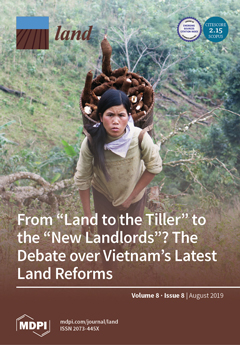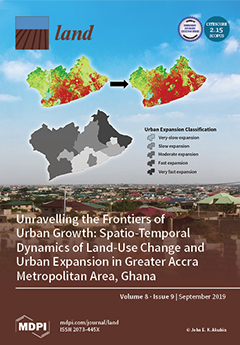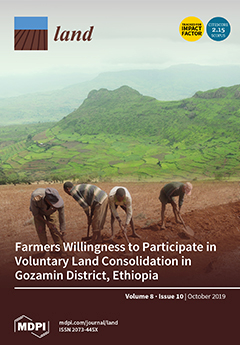A Land-Based and Spatial Assessment of Local Food Capacity in Northern Idaho, USA
Across the United States, there has been a growing interest in local food production, which provides an alternative way to increase self-sufficiency and support greater well-being and food security at the community level. This study focused on the Northern Panhandle region of Idaho, where opportunities derived from the local food movement have emerged in several resort and college towns.






